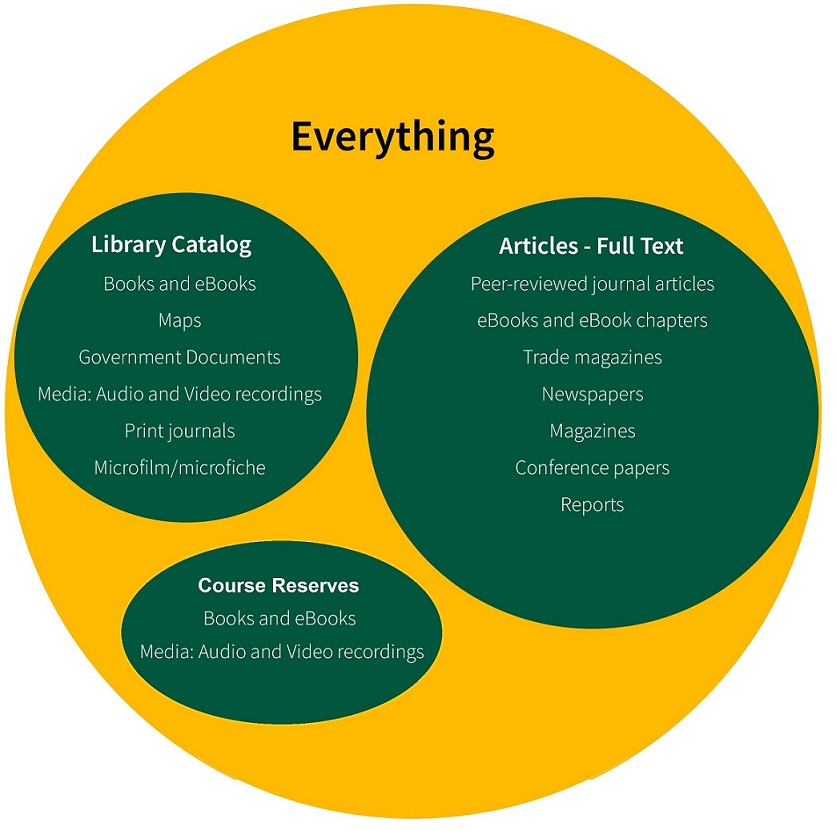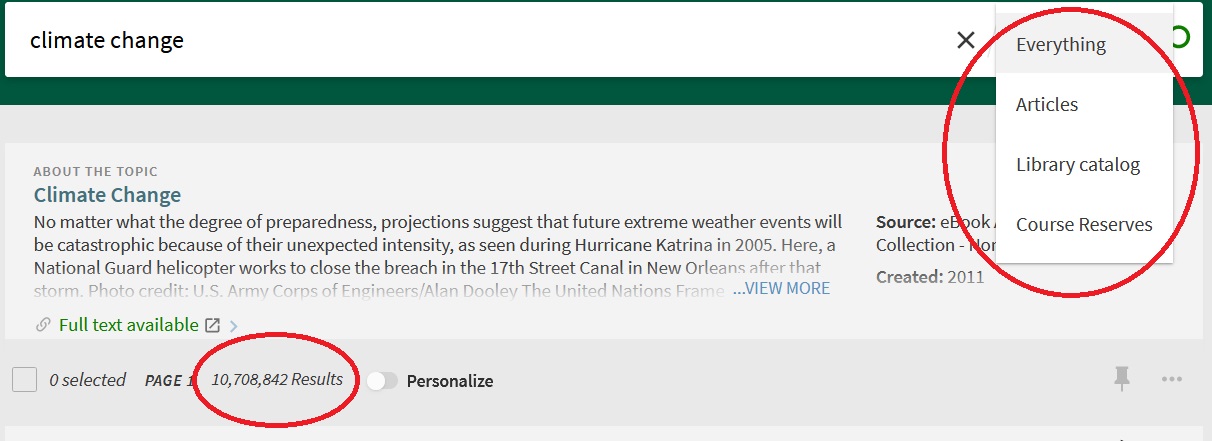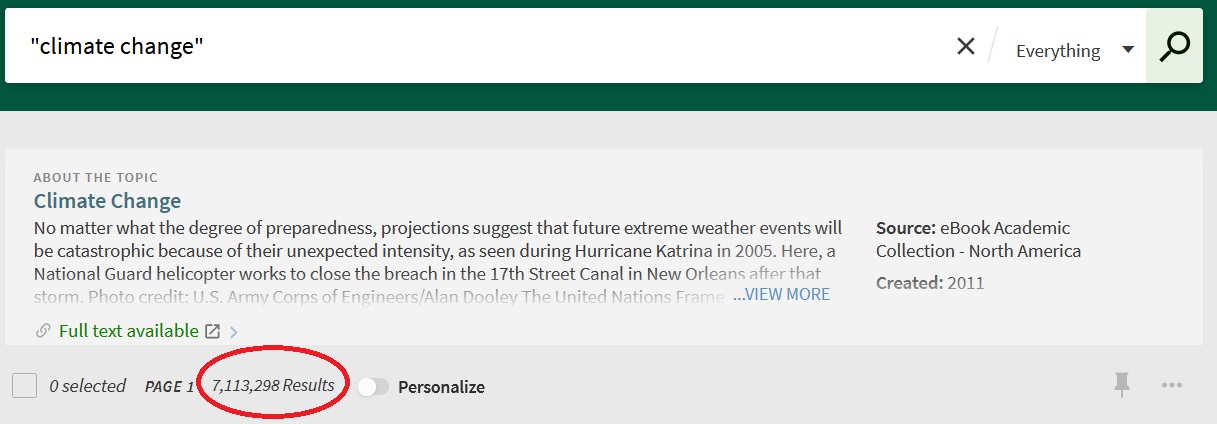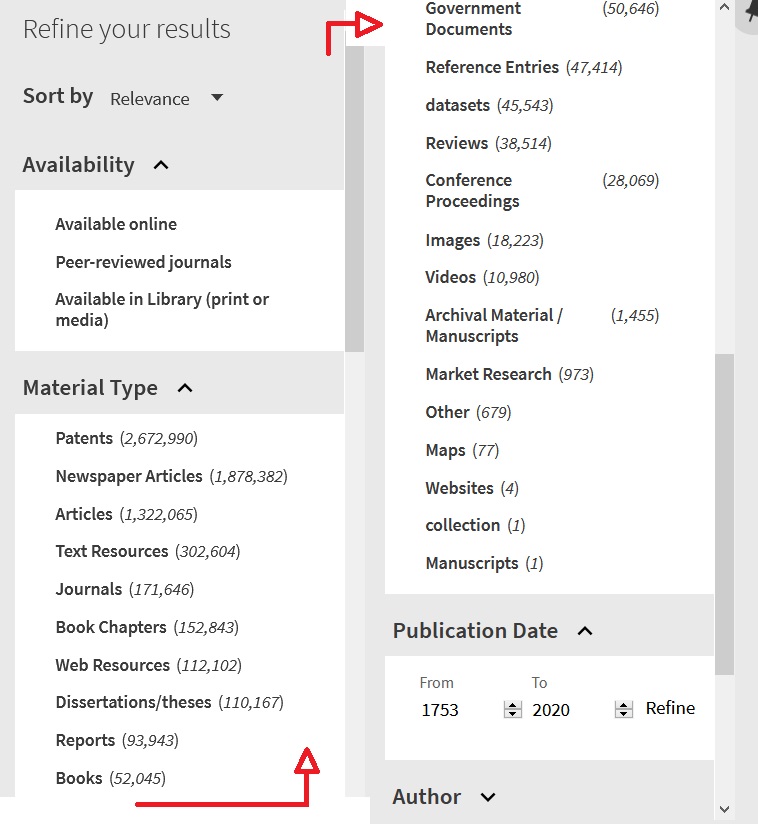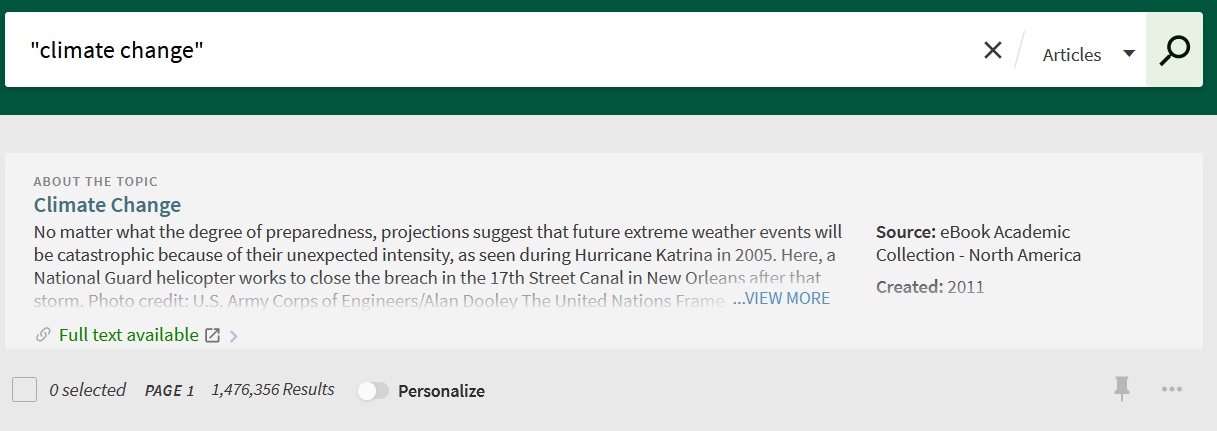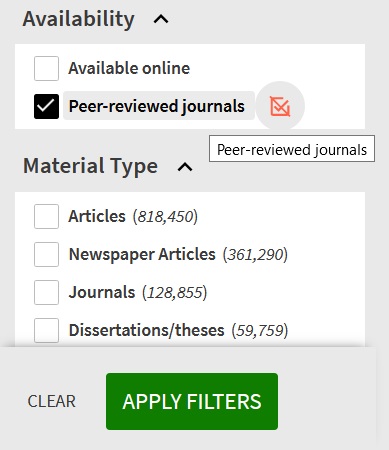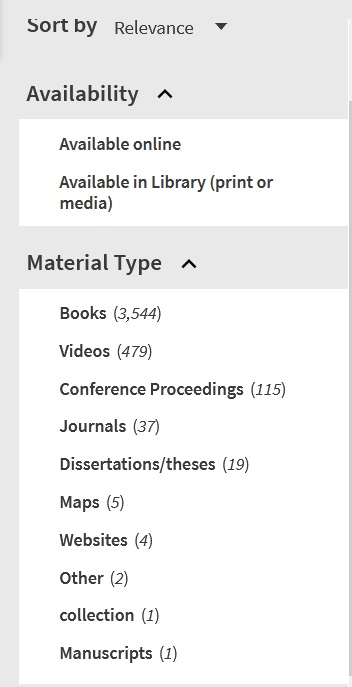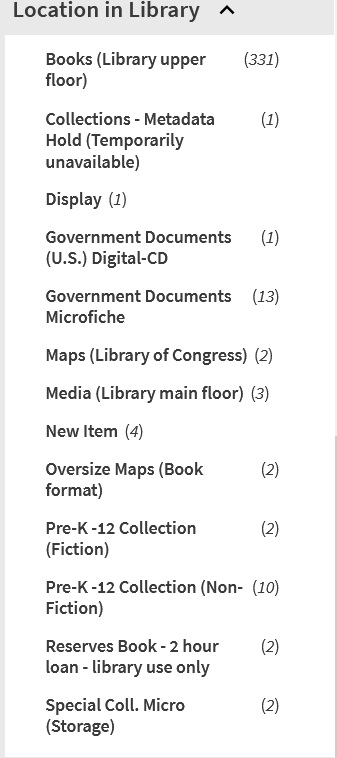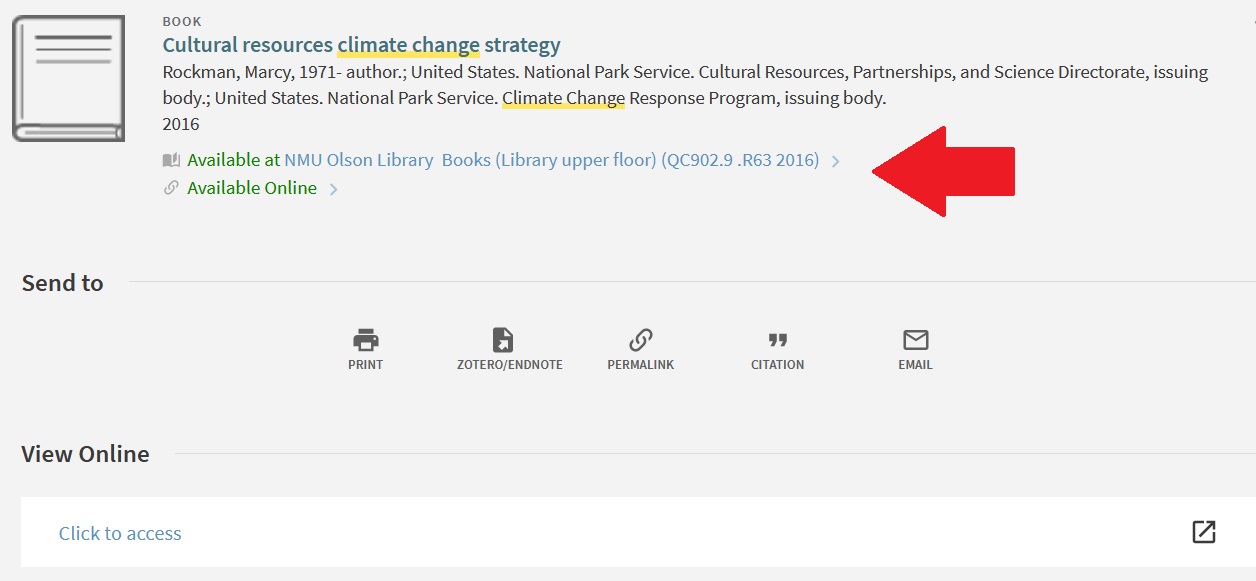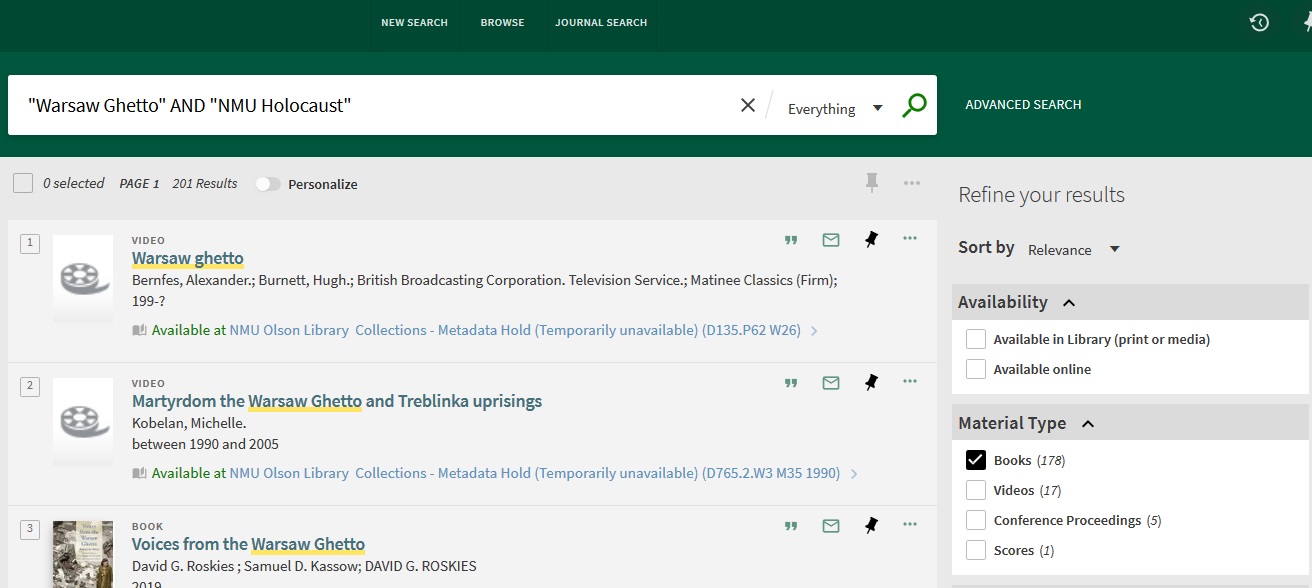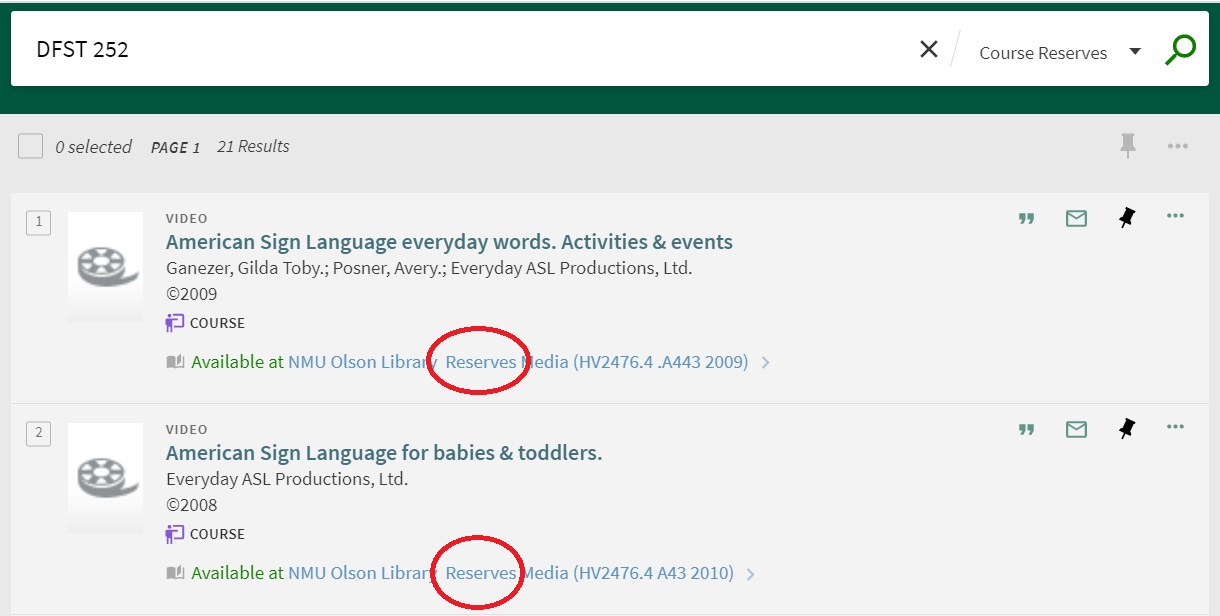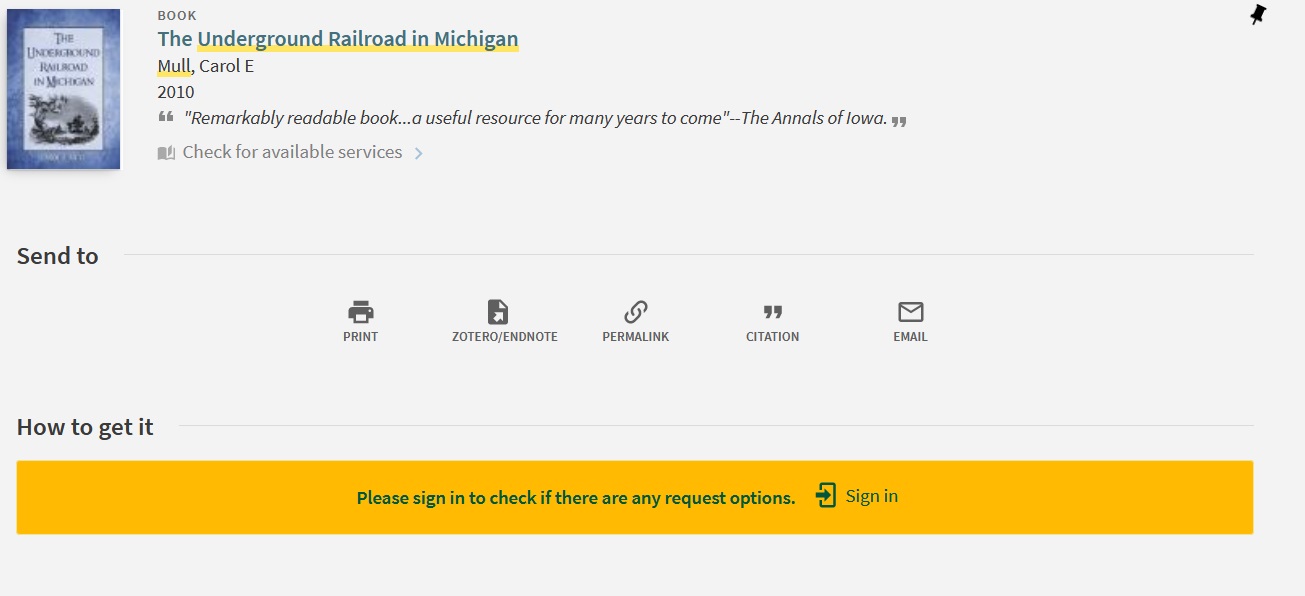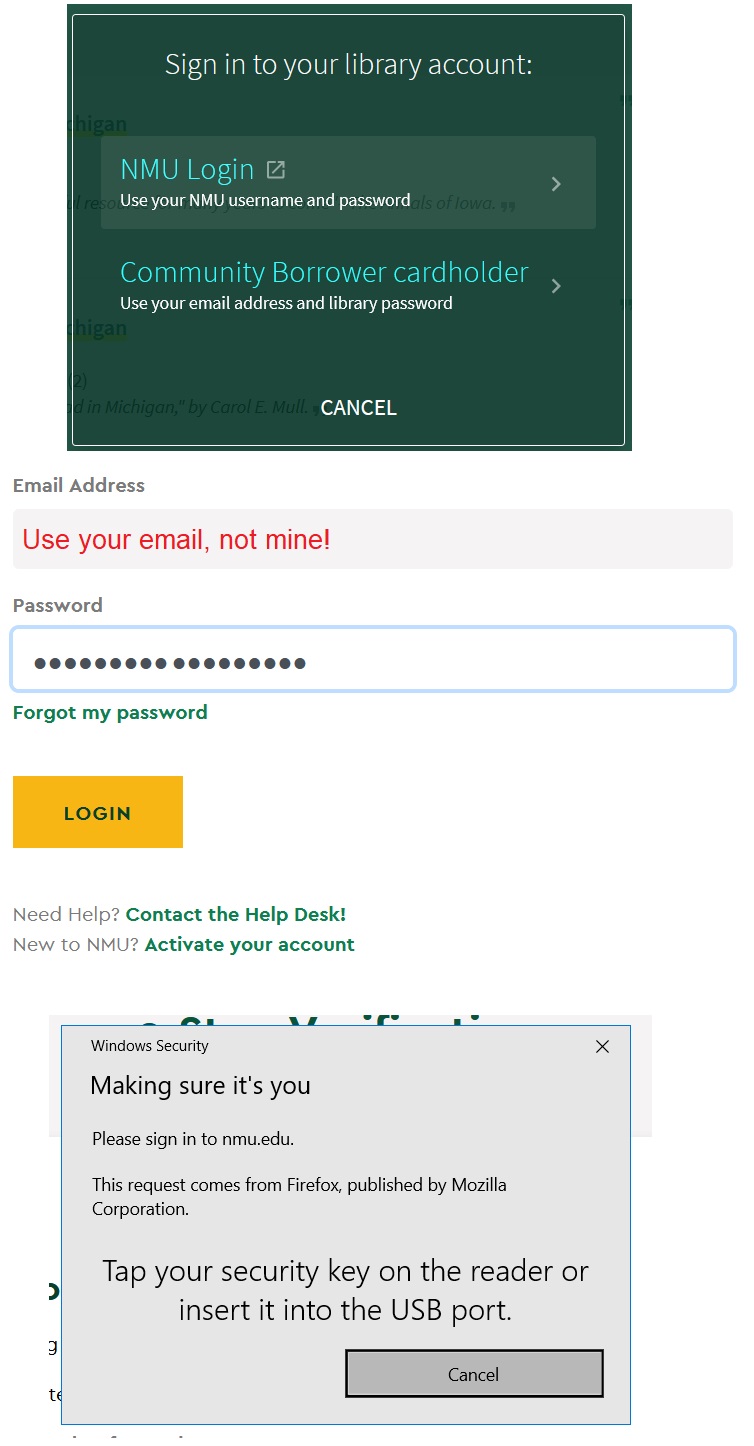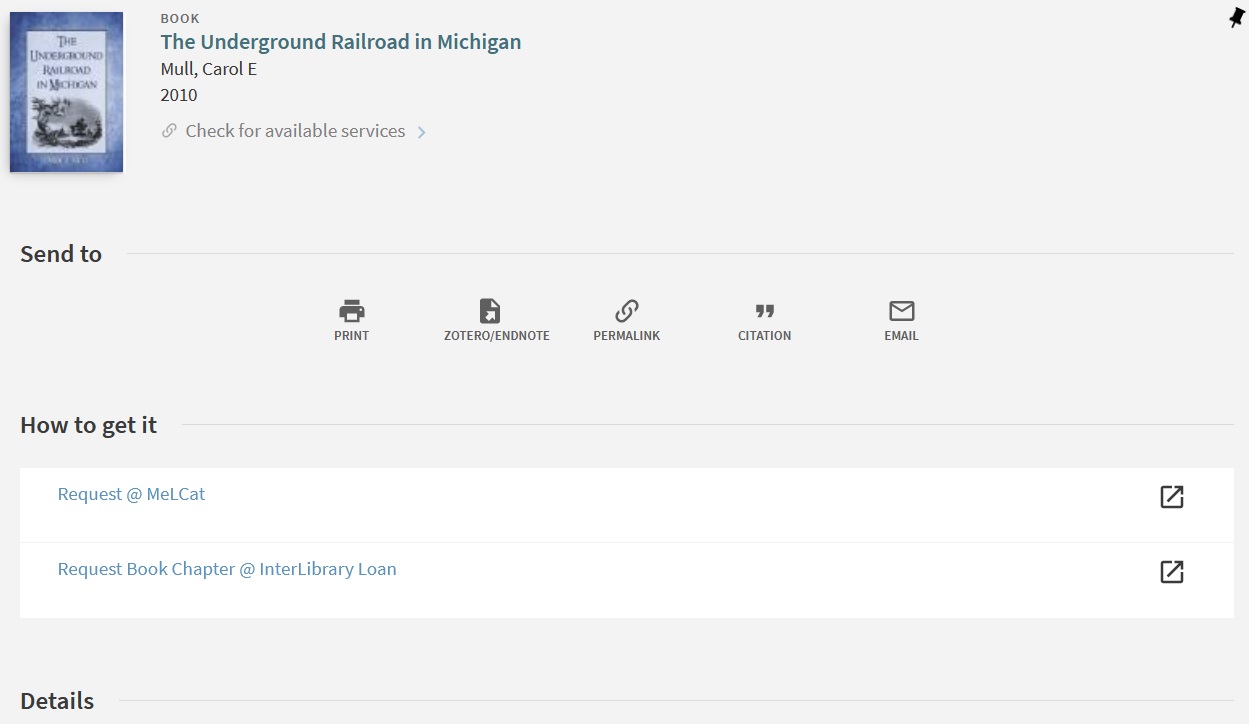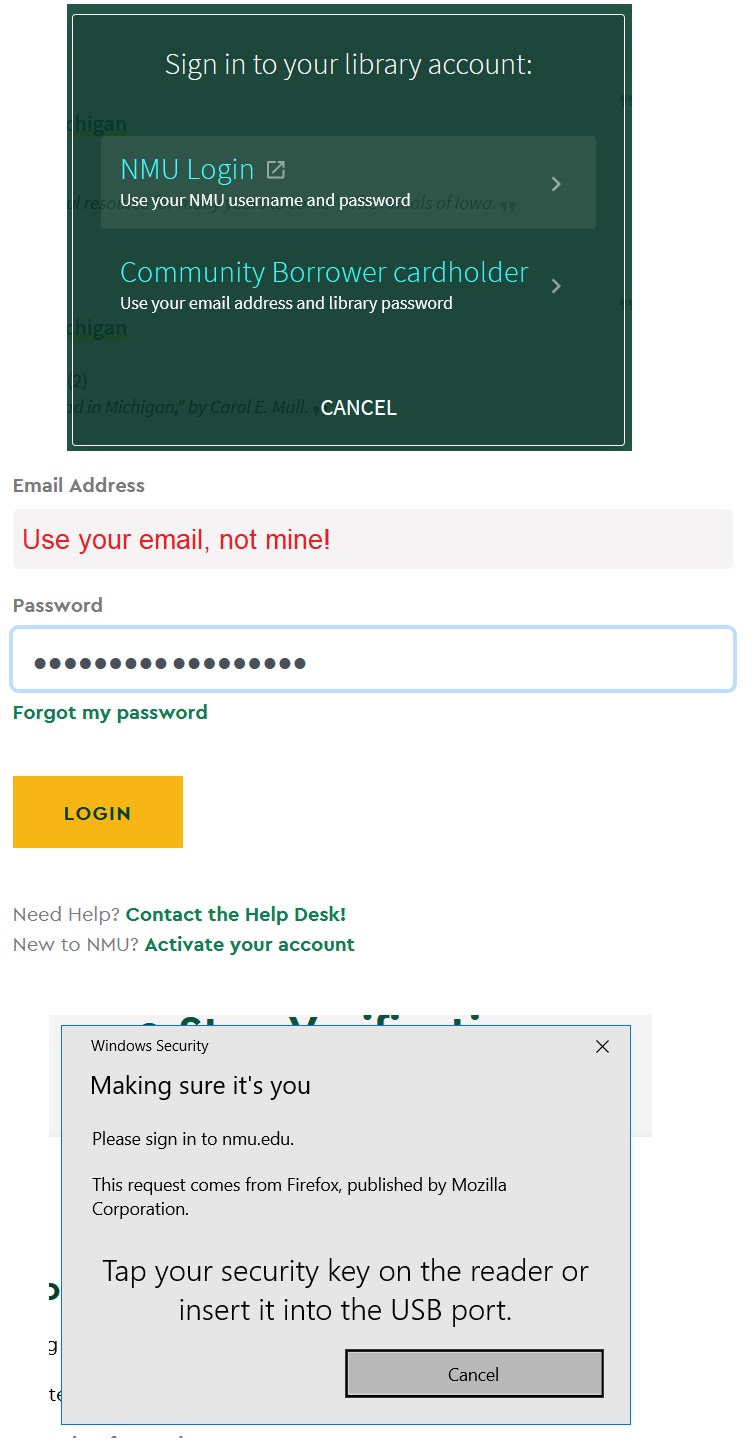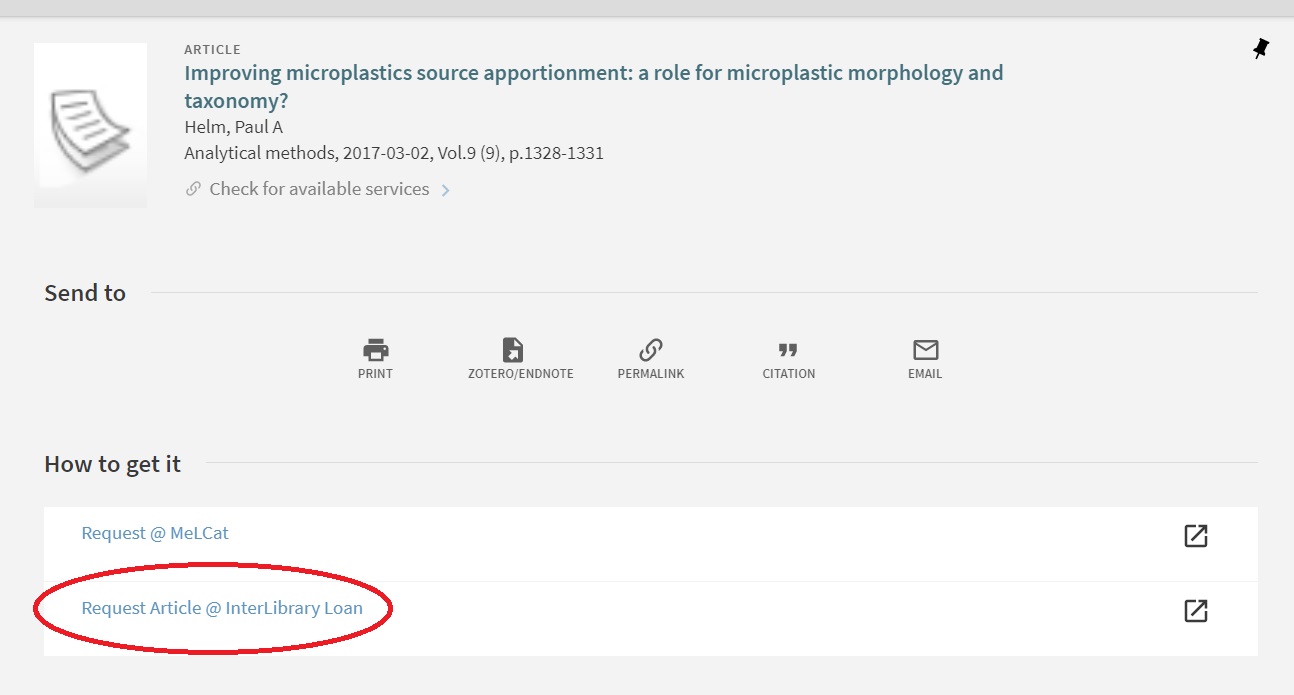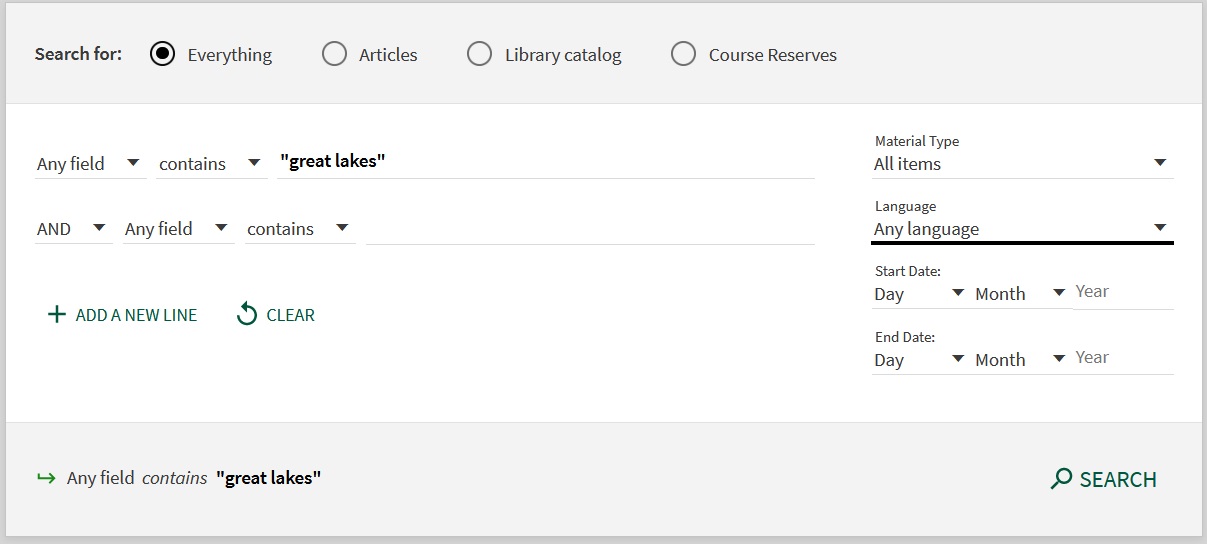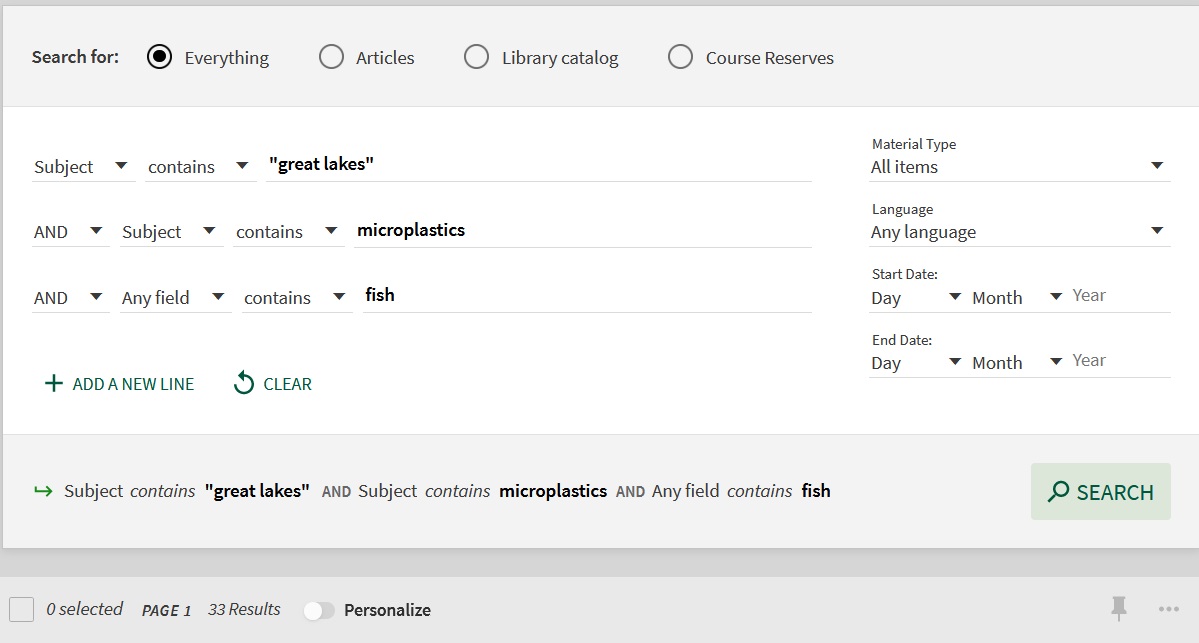The American Political Dictionary. JK 9 .P55 2002.
Dictionary of American Government and Politics.
Congressional Pictorial Directory.
Congressional Bibliography. 1774-present.
The United States Government Manual. Published yearly by the Government Publishing Office. "Comprehensive information on the agencies of the legislative, judicial, and executive branches. It also includes information on quasi-official agencies; international organizations in which the United States participates; and boards, commissions, and committees. The Manual begins with reprints of the Declaration of Independence and the U.S. Constitution."
CQ's Politics in America 2008: The 110th Congress. JK 1012 .P8 (Year)
Guide to Congress, volumes 1 and 2. JK 1021 .C565 (Year).
Guide to U.S. Elections, volumes 1 and 2. JK 1976 .G85.
Congressional Quarterly Almanac. KF 49 .C652 (year).
A major resource. Published yearly, the Almanac discusses fiscal matters, major legislation, House & Senate votes, impacts of elections (if held). There is online access to this resource.
U.S. Code Congressional & Administrative News (published for each session of Congress in multiple volumes). KF 63 .U53 (year).
Electronic resources reference page (more than U.S. government resources).
Researching Current Federal Legislation and Regulations: A Guide to Resources for Congressional Staff. From the Congressional Research Service. For everyone, not just Congressional staffers.
Legislative Tracking via GovTrack, OpenStates, and LegiScan (these also track state legislation). Similar to Congress.gov in that you can track current legislation, but contains additional commentary, and links.
Legislative Source Book from the Law Librarians' Society of Washington, D.C. A great resource including legislative histories, FOIA resources, legislative calendars.
From the Congressional Research Service, Understanding Federal Legislation: A Section-by-Section Guide to Key Legal Considerations. "A basic awareness of the rules and presumptions that apply when construing different components of a bill can help Members and congressional staff identify potential issues with the help of legislative counsel when formulating legislation or avoid interpretive pitfalls when reviewing bills proposed by other offices." This publications aims to help one understand.
Maplight.org. This resource "...illuminates the connection between campaign donations and legislative votes in unprecedented ways. Elected officials collect large sums of money to run their campaigns, and they often pay back campaign contributors with special access and favorable laws" and combines three datasets: bill texts and legislative voting records; supporting and opposing interests for each bill, and campaign contribution data from the Center for Responsive Politics and the National Institute on Money in State Politics.
CQ Researcher
In-depth, non-biased reports on political and social issues, with regular coverage of topics in health, international affairs, education, the environment, technology and the U.S. economy.
Federal Government Documents Collection, NMU Library.
Many web and print resources (some repeated on this page) with a focus on publications from the U.S. Government as well as additional resources.
Catalog of Government Publications
Listed again because of the importance of this resource.
GovInfo search.
Free public access to the full text of official publications from all three branches of the Federal Government. Begin searching immediately or browse a specific collection. This resource has replaced FDSys.
Use any of the following subjects to locate books in the NMU library catalog: "United States Politics and Government", "Political Science United States", "Federal Government United States", "State governments United States", "United States Congress", "Presidents United States", "Democracy United States", "Michigan Politics and government". (just don't forget to select the Library of Congress Subject Headings radio button).
State and Local Government
Reference Resources (print & electronic)
The Municipal Yearbook. This resource is published yearly and is an excellent resource for understanding the administration of local governments in the U.S. Chapters cover management issues and trends, intergovernmental dimensions, as well as staffing and compensation. Statistics are provided. Annotated endnotes reside at the end of each chapter. A directory of agencies, organizations, and municipal officials is included as well. JS344 .C5 A24
List of publications and online resources from the Michigan Legislature. These pertain to both local and state subjects. Of interest is the Michigan Manual, a print and online guide for Michigan government. JK5381 2007/2008.
Michigan Courts. Centralized web resource for court information. Offers links to the Michigan Supreme Court, Court of Appeals, and trial courts. Also provides an overview of the court system, online court forms, current court rules, court schedules, etc.
Watch House (House TV) and the Senate (Senate Stream) online. From the state, the Michigan Government Newswire.
From the Michigan Legislature website: Michigan Constitution. Article VII: Local Government and Michigan Compiled Laws (MCL) . Townships begin with Chapter 41 and other local governing entities follow--Counties in Chapter 45, Villages 61 and beyond, Municipalities in Chapter 124, etc. The Westlaw Campus database has the Michigan Compiled Laws Annotated (click on State Constitutions & Statutes on the left hand side, then select Michigan). The resources under Leagues and Associations (just below on this page) assist local governing bodies in Michigan in understanding and implementing these laws.
Municipal Codes Online: Michigan. Not all of Michigan's municipalities are represented, but many are. For other codes, you might go to the particular local government website itself (as in the case of Marquette).
Leagues and Associations
The Michigan Municipal League. Since 1899, this has been a statewide organization bringing together "city, village, township and county officials to exchange information, to learn from one another, to develop unified policies on matters of municipal concern and to speak as a collective voice on those matters including, most importantly, home rule for local government." Many resources are available for local governments including legal assistance as well as handbooks and guides for local governing.
Michigan Association of Regions. There are 14 state planning and development regions (sometimes referred to as COG's [Council of Government]), 3 in the U.P. and 11 downstate. Each has a web presence and contains publications and resources pertinent to the local area. From their website: "A regional council is a multi-service entity with state and locally-defined boundaries that delivers a variety of federal, state, and local programs while continuing its function as a planning organization, technical assistance provider and “visionary” to its member local governments. As such, they are accountable to local units of government and effective partners for state and federal governments."
Michigan Association of Counties. In service to Michigan counties since 1898. Little is available to the general public compared to the Municipal League and the Townships Association (registration is required). Clickable list of counties and their government websites is available, though.
Michigan Townships Association. Providing a unified voice and assistance to townships in Michigan as well a central reference point. The website requires a membership in order to obtain more resources. They have the ability to search for a township, the results of which include its contact information, where it is located, and official website--if available.
Inter-tribal Council of Michigan. Among other support provided for the federally recognized tribes in Michigan is the assistance in developing tribal regulations and ordinances.
Michigan Association of Mayors. Group organized to assist the chief elected officials of cities and villages in Michigan.
Michigan Municipal Executives. "The purpose of MME is to foster and encourage the personal and professional development of its members in order that they may better serve their communities and to promote, encourage, and preserve high ethical standards for municipal administrators."
League of Women Voters of Michigan. Nonpartisan organization to encourage citizen participation in government.
Michigan Association of School Boards. Among the resources from this group are publications and an Advocacy & Legislation section pertaining to current issues.
Michigan: State & Local Government on the Net. Not an all-inclusive list of the local government websites in Michigan, but an orderly one. Compliments the links above.
Research Methods Of Public Administration
Distance Library Services: Take advantage of the resources we can offer you.
Non-NMU Internet Service Providers (AT&T, Charter, etc.) will need the VPN installed and running to access the databases.
Reference Resources
The effective public manager: achieving success in a changing government organizations. (this is an ebook)
Dictionary of Public Policy and Administration (this is an ebook)
International dictionary of public management and governance (this is an ebook)
Handbook of Research Methods in Public Administration (this is an ebook)
The next public administration: debates & dilemmas. JF1351 .P3943 2018
Handbook of Public Information Systems (this is an ebook)
The Public Administration Dictionary JA61.C47
Higher Ground: Ethics and Leadership in the Modern University. LB2341 .K39 2006
Guide for leaders in higher education: core concepts, competencies, and tools (this is an ebook)
U.S. Government Resources
General Search Engines
USA.gov. The government's official web portal. Contains Federal, state and local resources.
Specific Resources
Regulations.gov. Your source for all regulations (or rulemakings) issued by U.S. government agencies. Includes Federal regulations that are open and closed for comment as published in the Federal Register (linked below).
Federal Register. Published by the Office of the Federal Register, National Archives and Records Administration (NARA), the Federal Register is the official daily publication for rules, proposed rules, and notices of Federal agencies and organizations, as well as executive orders and other presidential documents.
United States Code. The United States Code is the codification by subject matter of the general and permanent laws of the United States. It is divided by broad subjects into 50 titles and published by the Office of the Law Revision Counsel of the U.S. House of Representatives. Since 1926, the United States Code has been published every six years. In between editions, annual cumulative supplements are published in order to present the most current information. Documents are available only as ASCII text files. (these are the laws we have to follow)
The U.S. Code of Federal Regulations. The Code of Federal Regulations (CFR) is the codification of the general and permanent rules published in the Federal Register by the executive departments and agencies of the Federal Government. It is divided into 50 titles that represent broad areas subject to Federal regulation. Each volume of the CFR is updated once each calendar year and is issued on a quarterly basis. (these are how we follow the laws).
Statutes at Large. The United States Statutes at Large, typically referred to as the Statutes at Large, is the permanent collection of all laws and resolutions enacted during each session of Congress. The Statutes at Large is prepared and published by the Office of the Federal Register (OFR), National Archives and Records Administration (NARA). Every public and private law passed by Congress is published in the Statutes at Large, in order of the date it was enacted into law.
Homeland Security Digital Library. Although a database of material related to homeland security policy and strategy related documents, resources about public administration are certainly here. This database is available for NMU students and faculty.
Two agencies that will have in-depth studies in aspects of public administration are the Congressional Budget Office and the Government Accountability Office. Both websites allow you to search for publications based upon keyword.
Municipal Codes Online. Free, searchable, online availability for hundreds (thousands?) of city municipal codes. Not all local governments are represented here. For additional government listings, see State and Local Government on the Net, which has links to all levels of government that have a web presence.
Professional Societies and Organizations
Many of these websites (and these are more of a government administration angle) will have links to similar resources and freely available publications. Frankly, there are a great number of groups and organizations which have an effect on public administration. If you see one that should be included in this list (or removed from it), please let me know. Surf on into a website that interests you? Please take the time to give it a critical look.
American Society for Public Administration. Since 1939 they have been "the nation's most respected society representing all forums in the public service arena".
Association for Public Policy and Management. "APPAM is dedicated to improving public policy and management by fostering excellence in research, analysis, and education." This organization has been around since the late '70s.
International City/County Management Association. Founded in 1914, ICMA (International City/County Management Association) is the premier local government leadership and management organization. Its mission is to create excellence in local governance by advocating and developing the professional management of local government worldwide.
National Academy of Public Administration. "The National Academy of Public Administration is a non-profit, independent coalition of top public management and organizational leaders who tackle the nation’s most critical and complex challenges."
National Association of Counties. Represents the 3000+ counties in the United States. They have collected examples of county codes and ordinances.
National Association of Regional Councils. The National Association of Regional Councils (NARC) serves as the national voice for regionalism. NARC advocates for and provides services to its member councils of government (COGs) and metropolitan planning organizations (MPOs). At our state level is the Michigan Association of Regions.
National Association of State Budget Officers. For over 60 years, NASBO has been the instrument through which the states collectively advance state budget practices. As the chief financial advisors to our nation’s governors, NASBO members are active participants in the public policy discussions at the state level. The major functions of the organization consist of research, policy development, education, training, and technical assistance. These are achieved primarily through NASBO’s publications, membership meetings, and training sessions. NASBO is an independent professional and educational association and is also an affiliate of the National Governors’ Association.
National Conference of State Legislatures. The NCSL is a bipartisan organization that serves the legislators and staffs of the nation's 50 states, its commonwealths, and territories. NCSL provides research, technical assistance, and opportunities for policymakers to exchange ideas on the most pressing state issues. NCSL is an effective and respected advocate for the interests of state governments before Congress and federal agencies.
National Governors Association. Founded in 1908, the National Governors Association--the bipartisan organization of the nation's governors--promotes visionary state leadership, shares best practices and speaks with a unified voice on national policy.
National League of Cities. The National League of Cities is the oldest and largest national organization representing municipal governments throughout the United States. Its mission is to strengthen and promote cities as centers of opportunity, leadership, and governance.
Partnership for Public Service. The Partnership for Public Service is a nonprofit, nonpartisan organization that works to revitalize our federal government by inspiring a new generation to serve and by transforming the way government works.
United Nations Public Administration Network. "A global networking tool that connects relevant international, regional, sub-regional, and national institutions worldwide for the promotion of better public administration."
Urban Land Institute. "As the preeminent, multidisciplinary real estate forum, ULI facilitates the open exchange of ideas, information and experience among local, national and international industry leaders and policy makers dedicated to creating better places."
U.S. Conference of Mayors. A nonpartisan organization that has been promoting the development of effective national urban/suburban policy, the strengthening of federal-city relationships, and ensuring federal policies meet urban needs since the early 1930s.
Seminar in Administrative Law
Federal Regulatory Resources
The Federal Register. Published by the Office of the Federal Register, National Archives and Records Administration (NARA), the Federal Register is the official daily publication for rules, proposed rules, and notices of Federal agencies and organizations, as well as executive orders and other presidential documents. It is freely available from the govinfo database (1994-present) in two formats, one being the "traditional" daily issue (albeit electronically) and a friendlier Federal Register 2.0 version. This publication is also available via NMU's subscription to Westlaw (1981-present). A more detailed explanation of what is in this publication and how it is organized can be found here.
- In citing the Federal Register give the name of the section, the identifying agency report numbers, volume, issue, date and page number(s). The section name should include what action is represented. For example, "Upper Peninsula Power Company; Notice of Intent To Prepare an Environmental Document and Soliciting Comments, Motions To Intervene, and Protests" 73 Federal Register 34 (20 February 2008), pp 9316-9317.
The Code of Federal Regulations. The Code of Federal Regulations (CFR) annual edition is the codification of the general and permanent rules published in the Federal Register by the executive departments and agencies of the Federal Government. It is divided into 50 titles that represent broad areas subject to Federal regulation. The electronic version is updated often. Each title is divided into chapters, which usually bear the name of the issuing agency. Each chapter is further subdivided into parts that cover specific regulatory areas. Large parts may be subdivided into subparts. All parts are organized in sections, and most citations in the CFR are provided at the section level. The CFR is freely available from the Govinfo database (1996 to present), and via NMU's subscription through Westlaw. A more detailed explanation of what is in this publication and how it is organized can be found here.
- In citing the CFR, use the title, part number and edition. For example: "Passenger vessel financial responsibility" Title 46 Code of Federal Regulations, Pt 540, 2008 ed.
List of CFR Sections Affected. The List of CFR Sections Affected (LSA) lists proposed, new, and amended Federal regulations that have been published in the Federal Register since the most recent revision date of a Code of Federal Regulations (CFR) title. Each LSA issue is cumulative and contains the CFR part and section numbers, a description of its status (e.g., amended, confirmed, revised), and the Federal Register page number where the change(s) may be found. Available via the Government Publishing Office (1997-present). The LSA is issued monthly; however, the LSA also contains three supplemental services:
CFR Parts Affected from the Federal Register. Search for Last 24 hours, Last Week, or Last Month..
The Unified Agenda. The Unified Agenda (also known as the Semiannual Regulatory Agenda), published twice a year (usually in April and October) in the Federal Register (FR), summarizes the rules and proposed rules that each Federal agency expects to issue during the next year. Available from the Office of Information and Regulatory Affairs and the Government Publishing Office (for older versions). A more detailed explanation of the Unified Agenda can be found here. Each agency's website most likely has announcements of rule changes and an explanation of the rule making process within that agency. A search in USA.gov for "The Rulemaking Process" will return federal (and state) resources.
Executive Branch Resources from the Library of Congress. The Government Publications Office also has a website, Budget and Presidential Materials.
Regulations.gov. A resource created in 2003 for the public to easily search for proposed regulations and comment on them. You can sign up for alerts about a specific regulation and subscribe to RSS feeds by agency of newly posted Federal Register notices.
RegInfo.gov. Complimentary to Regulations.gov, but aimed more at federal government agencies. Available here is the "Reg Map", a chart showing the informal rule making process.
Additional Resources--Federal
Government Accountatbilty Office reports on Federal Agency Major Rules. The Government Accountability Office provides a report to the Committees of Jurisdiction of both houses of Congress on major rules proposed by Federal Agencies within 15 days of the receipt of a copy of the rule at the Government Accountability Office or publication in the Federal Register, whichever is later. The reports on this website are in letter format and are arranged by date of issuance, most recent first.
Congressional Research Service reports. The Naval Postgraduate School library has a list of websites hosting these reports, which will often cover topics of current interest in Congress.
The U.S. Government Manual. The official handbook of the federal government. Appendix C lists those agencies appearing in the Code of Federal Regulations. Available online or in print. USA.gov has an A-Z list of departments and agencies--agency specific material can be located via that search engine as well as in the Catalog of Government Publications (run a search for your topic or agency).
Congressional Budget Office. List of publications on regulatory analysis.
USA.gov. The official web portal of the U.S. Government. Search not only federal, but state and local government domains as well.
Michigan Regulatory Resources
Michigan Administrative Code. From the Office of Regulatory Reinvention. The rule making process is described as well as links to recent and pending rule changes and the latest rule activity.
Michigan Register. The comprehensive source of regulatory information that complements and supplements the Michigan Administrative Code. It contains copies of all proposed administrative rules, notices of public hearings on proposed administrative rules, and administrative rules filed with the secretary of state as submitted by Michigan departments and agencies.
State of Michigan Executive Branch. The Governor, Lt. Governor, and State of Michigan Departments.
Additional Resources--Michigan
Three think tanks in Michigan: The Mackinac Center "A nonpartisan research and educational institute devoted to improving the quality of life for all Michigan citizens by promoting sound solutions to state and local policy questions", the Institute for Public Policy and Social Research (IPPSR) "applies research to pressing public policy issues and builds problem-solving relationships between the academic and policymaker communities", and the Citizens Research Council of Michigan, which for over 100 years has provided "factual, unbiased independent information on significant issues concerning state and local government organization and finance" There are others in the state and they are listed here.
Gongwer News Service. Michigan state government news and political information since 1906. NMU doesn not have a subscription, but you can get a hint at what's happening.
MLive.com--Politics. The political section of "Michigan's Leading Web Site for News, Information and Community Interaction".
Selected Resources on Rule Promulgation and Regulatory Public Hearings.
Rule Promulgation Summary. At the Federal level, there is RegInfo's RegMap.
Midnight Rule making: Shedding Some Light. Hearing before the Subcommittee on Commercial and Administrative Law of the Committee on the Judiciary, House of Representatives, One Hundred Eleventh Congress, first session, February 4, 2009.
Rule making process and the unitary executive theory. Hearing before the Subcommittee on Commercial and Administrative Law of the Committee on the Judiciary, House of Representatives, One Hundred Tenth Congress, second session, May 6, 2008.
Federal Rule making: Perspectives on 10 Years of Congressional Review Act Implementation. GAO, 2006.
Federal Regulatory Reform: An Overview. Congressional Research Service, 2004.
Additional resources can be found in Westlaw.
Paralegal Journal & Online Resources
- HeinOnline Law Journal Library.
- Legal Source.
- Westlaw Next. Pick "Secondary Sources" (just to the left of the middle of the screen) and then "Law Reviews & Journals" to narrow down what type.
- OneSearch Advanced Search. This can be used, but keep your searches simple.
- Legal Information Reference Center. Contains thousands of legal forms and more than 310 full-text legal reference books. Brought to you by the Library of Michigan via the Michigan eLibrary (https://mel.org).
- Michigan Legal Help. Michigan Legal Help has legal information and tools for people handling their own legal problems. Anyone with a Michigan legal issue can use this site.
- Law Technology Today has a free search that searches through 300 law reviews and law journals. Coverage/access may vary.
- Law Review Commons. The largest collection of free and open source law review scholarship. Over 300 open-access law reviews, over 220,000 articles.
State and Regional Associations
- NALS of Michigan. National Association for Legal Support Professionals.
- Great Lakes Paralegal Association (facebook page).
- NALS of Detroit.
- NALS of Lansing.
- NALS of Greater Kalamazoo.
- Grand Traverse Area Legal Professionals (facebook page).
- State Bar of Michigan Paralegal/Legal Assistant Section.
- Wisconsin Association for Legal Professionals.
- Paralegal Association of Wisconsin.
- Greater Milwaukee Association of Legal Professionals.
List of other state's paralegal associations.
National Associations
- National Association of Legal Assistants and Paralegals.
- National Association for Legal Support Professionals.
- American Association for Paralegal Education.
- National Federation of Paralegal Associations.
- Association of Legal Administrators.
- American Alliance of Paralegals.
- American Association for Justice: Paralegal Affiliates.
- International Paralegal Management Association.
- American Bar Association: Paralegals.
Legal Citations
The Bluebook: A Uniform System of Citation. NMU has this in print available in two locations; one at the Service Desk that does not circulate and one in the circulating collection. Call number KF245 .B58. There is a quick styleguide online from the publisher.
The Indigo Book: An Open and Compatible Implementation of A Uniform System of Citation.
Michigan Appellate Opinion Manual. From the Michigan Supreme Court Office of the Reporter of Decisions. This office "works closely with the justices and judges and their staffs to ensure that opinions and orders published in the Michigan Reports and the Michigan Appeals Reports are generally consistent in style, structure, and format and that quotations and citations of authority adhere to a common set of standards."
Introduction to Basic Legal Citation, from Cornell's Legal Information Institute.
There is an online Bluebook citation generator from Grafiati. Use this, and any sort of citation machine, carefully. Verify against the actual Bluebook.

